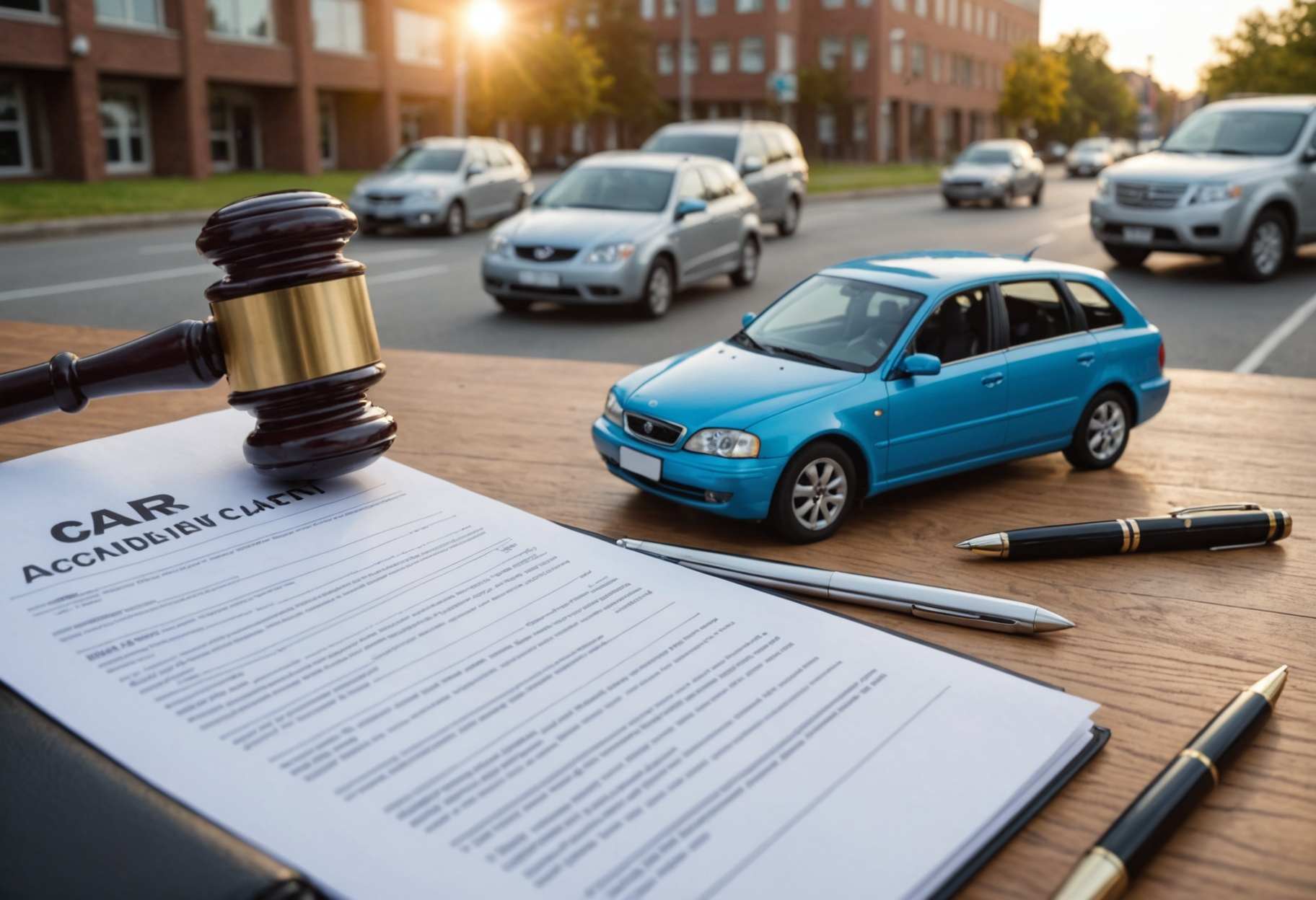How to Determine if a Car Accident Lawyer is Needed for Your Specific Case

Car accidents often lead to a tumultuous mix of confusion, paperwork, and critical decisions. A key decision is whether your specific circumstances necessitate the expertise of a car accident lawyer. While some cases are straightforward, others require legal insight. This guide outlines five essential factors to help you assess the need for a lawyer in managing the aftermath of a car accident.
1. Evaluate the Severity of the Accident and Injuries: Minor accidents, such as a negligible 'fender bender' without injuries, typically do not necessitate legal representation. However, if the accident results in physical injuries, significant property damage, or fatalities, enlisting a lawyer is advisable. Severe cases may involve complex legal issues, potential long-term health complications, and considerable compensation claims. An experienced car accident lawyer can navigate these complexities, ensuring fair treatment and appropriate compensation.
2. Consider the Clarity of Liability: When fault is clear, insurance companies are less inclined to challenge liability. Conversely, if liability is ambiguous or shared among multiple parties, the case can become convoluted, often leading to disputes. A car accident lawyer can assist in proving liability through investigations, evidence gathering, and expert testimonies. Their experience is vital in contentious situations where determining fault is complicated, helping to allocate responsibility accurately.
3. Analyze Your Insurance Company’s Stance: Insurance companies may dispute claims, propose lower compensation than warranted, or delay payments. If you encounter difficulties with your insurer or if they claim policy violations, a lawyer becomes essential. Their understanding of insurance law allows for effective negotiation with insurers, ensuring your rights are upheld and preventing companies from exploiting vague policy language.
4. Assess Potential Financial Implications: Serious accidents may lead to substantial medical expenses, property repairs, lost wages, and a decline in quality of life. Evaluating this financial impact, including future costs, is often complex. A car accident lawyer can provide a precise assessment of immediate and long-term financial repercussions, constructing a case to secure compensation that truly reflects your needs, rather than settling for quick, insufficient offers.
5. Understand Legal Deadlines and Statutes: Each state enforces specific statutes of limitations for personal injury claims, and failing to meet these deadlines can forfeit your right to seek compensation. Furthermore, there may be critical legal procedures and necessary documentation to file that are vital to your case. A lawyer ensures compliance with these timelines and protocols, securing your eligibility to pursue a claim while navigating the legal complexities.
Deciding whether to hire a car accident lawyer involves evaluating several factors, from the accident's severity to negotiations with insurance companies and understanding legal deadlines. By considering your circumstances through these lenses, you can make an informed decision that protects your interests. If you require legal representation, select a qualified attorney who can ease the burden and guide you toward a fair resolution.
LATEST POSTS
- 1
 Dental Implant Innovations: Revolutionizing Modern Dentistry
Dental Implant Innovations: Revolutionizing Modern Dentistry - 2
 The Evolution and Impact of Dental Implant Technology on Oral Health
The Evolution and Impact of Dental Implant Technology on Oral Health - 3
 The Evolution of Trucking: Steering Towards a More Connected Future
The Evolution of Trucking: Steering Towards a More Connected Future - 4
 Trucking Along: The Backbone of Global Commerce
Trucking Along: The Backbone of Global Commerce - 5
 The Rhythms of the Road: Trucking’s Melody in the Economy’s Orchestra
The Rhythms of the Road: Trucking’s Melody in the Economy’s Orchestra
Share this article




